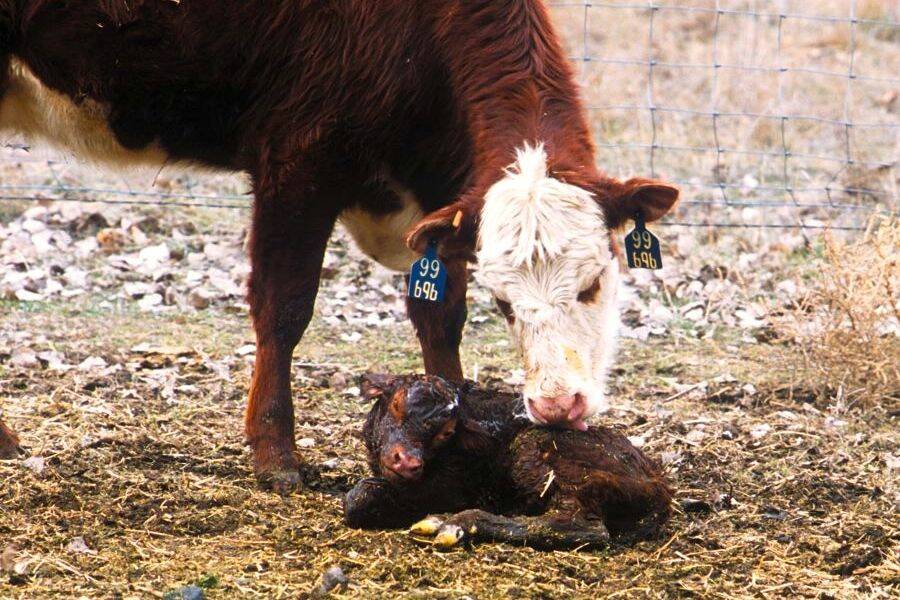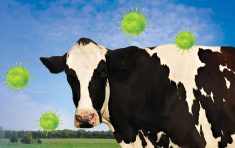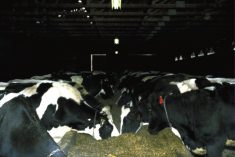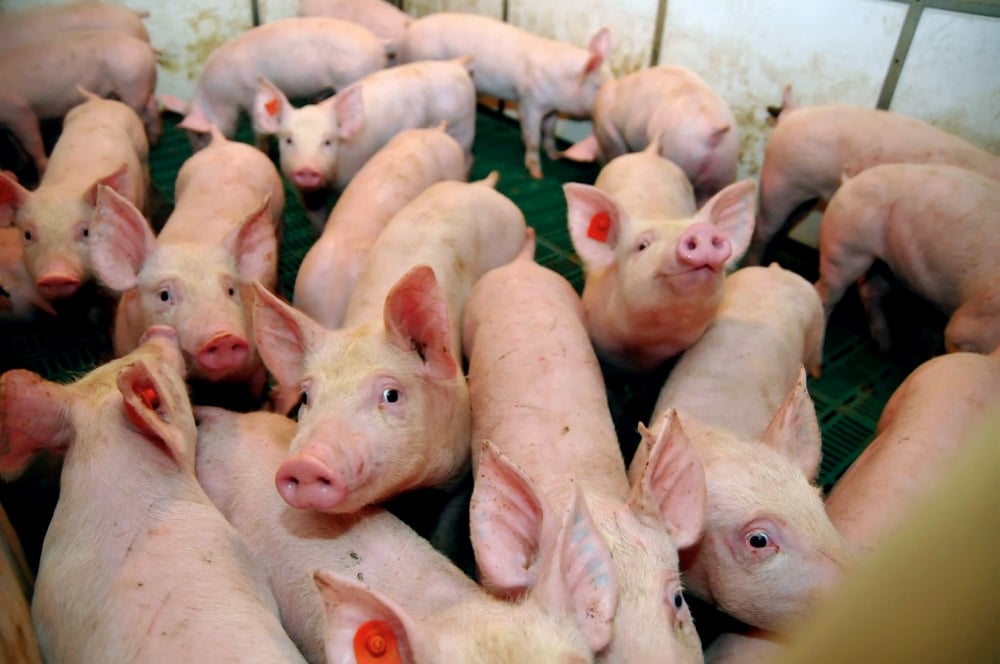University of Guelph scientists have found a potential tool to reduce the effects of deoxynivalenol (DON), a common mycotoxin produced by the cereal crop fungus fusarium head blight.
Chris Hall, a professor in Guelph’s School of Environmental Sciences worked with recent PhD graduate Patrick Doyle, lead author of a paper published recently in the Journal of Biological Chemistry. Co-authors also included researchers with Agriculture and Agri-Food Canada and the National Research Council in Ottawa.
In tests using yeast, the researchers showed they could use toxin-specific antibody fragments to dramatically reduce the effects of the fungal poison. They hope to see their work replicated in plant studies.
Read Also

Scours doesn’t hibernate: Infectious risks for cold weather calves
Identifying specific pathogens and management flaws is essential for effective calf scours treatment and prevention on your farm.
Antibodies are part of the body’s immune system for attacking pathogens, said Hall, holder of the Canada Research Chair in Recombinant Antibody Technology. The researchers used genetic engineering to create yeast cells that made antibodies against DON toxin. Their test early this year showed lower effects of the toxin in those yeast cells.
Hall said current regulations prevent researchers from using genetically engineered antibodies in commercial crops. But those rules may eventually change.
“It’s a good example of taking a technology for human pharmaceutical purposes and applying it to agriculture,” Doyle said.
The research was supported by funding from the Natural Sciences and Engineering Research Council and the Ontario Ministry of Agriculture, Food and Rural Affairs.














